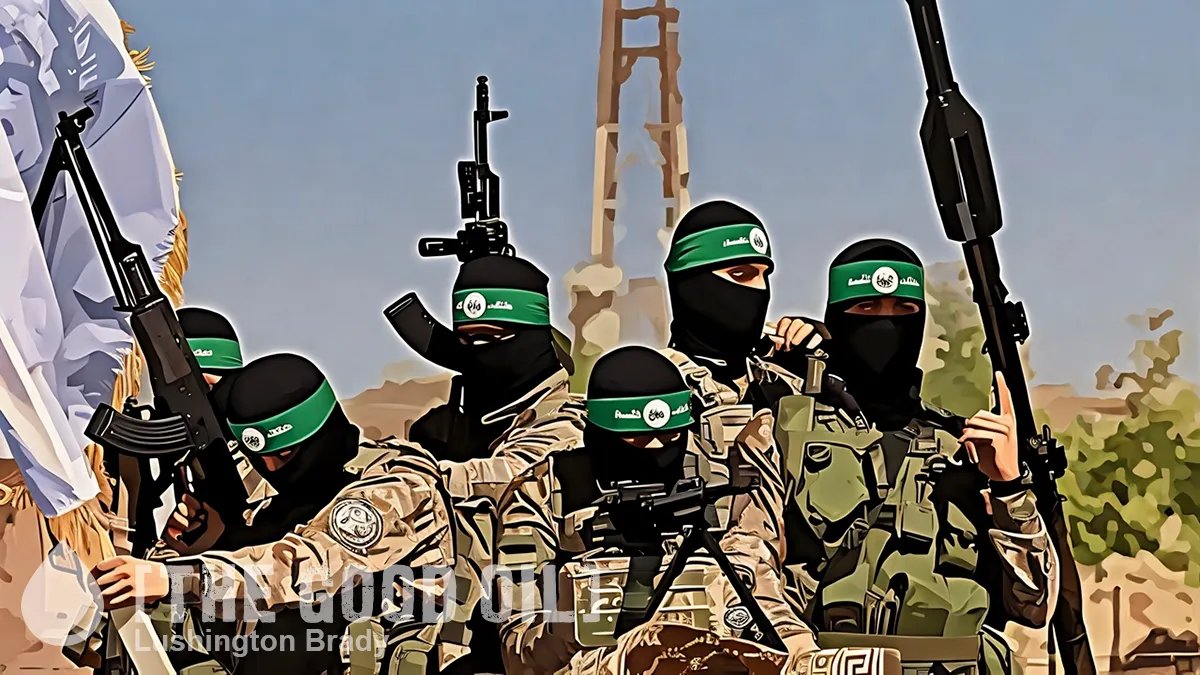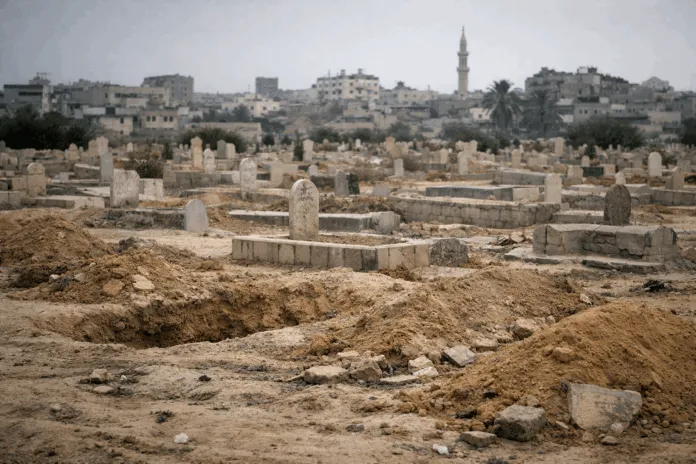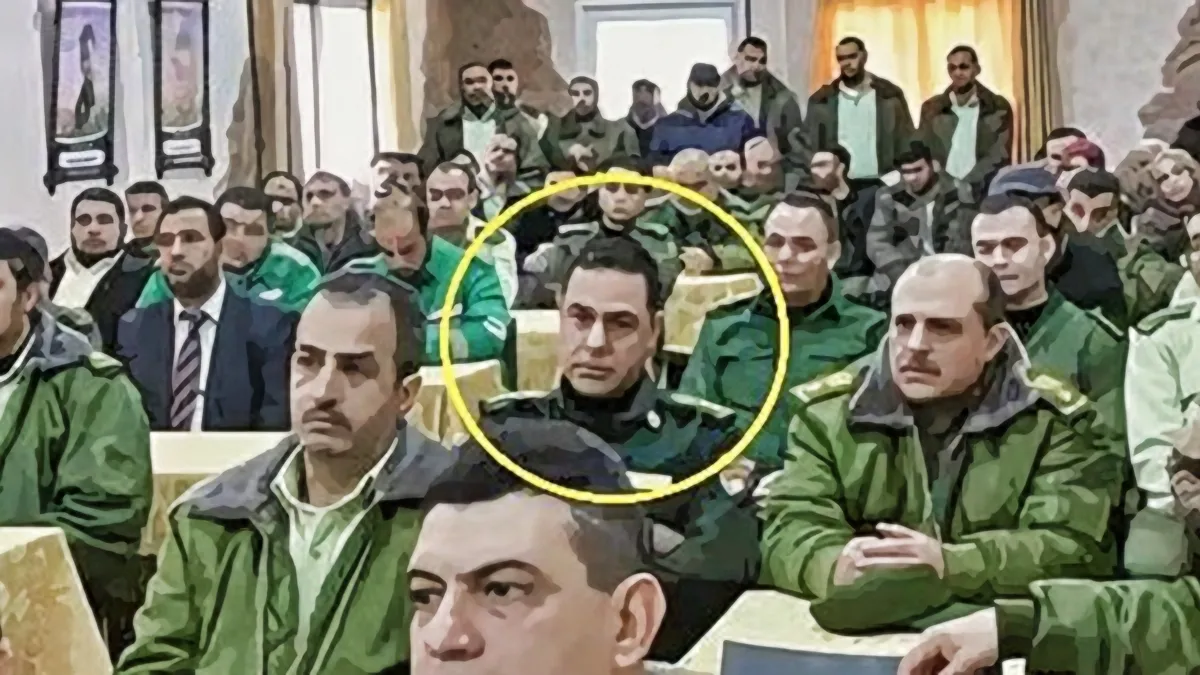Table of Contents
BICOM
BICOM provides accurate, timely and balanced information that is read by officials, experts, journalists and many others.
The north: One Israeli was killed and at least seven wounded in the northern city of Safed following a rocket barrage fired from Lebanon this morning.
- Reports claim at least eight rockets were fired at the city, with the IDF confirming that the launches on Safed targeted the Northern Command headquarters.
- Rocket sirens sounded in the Galilee for the third time in under 15 minutes this morning in what appeared to be one of the heaviest barrages on northern Israel since fighting began.
- The Israeli military said Tuesday night that the Air Force had attacked two Hezbollah military installations in southern Lebanon.
- According to the statement, one of the positions had been used to fire missiles at Israel. The army also said that it identified two rocket launches from Lebanese territory earlier Tuesday and that the missiles fell in unpopulated areas.
Hostage deal talks: An Israeli delegation was in Cairo yesterday to discuss a possible ceasefire and hostage release deal with Hamas.
- Talks were attended by Mossad Director Barnea, Shin Bet Director Bar, the prime minister’s political adviser Falk, CIA Director Burns, Qatari Prime Minister Al Thani and Director of the Egyptian General Intelligence Kamel.
- A senior Egyptian source said that the atmosphere at the summit had been positive. Yet while some progress was reported in the talks, no “breakthrough” is said to have been achieved.
- A source in Cairo that Israel and Hamas remain deeply divided over several issues.
- The meeting reportedly focused on formulating a “final draft” of an agreement that would include a six-week ceasefire with a promise that during this time the sides would continue to hold negotiations on a permanent ceasefire.
- The most problematic issue was the number of terrorists who would be released in exchange for each hostage.
- A high-ranking source in Cairo said that Egypt had prepared a draft for a hostage deal but Israel did not agree to the list of Palestinian prisoners who would be released in exchange for the hostages, in keeping with the ratio of three prisoners per hostage.
- A few hours after the Israeli delegation left the Cairo conference, a Hamas delegation arrived, including Hamas representative Khalil al-Hayya.
- Hamas Political Bureau Head Haniyeh met with Iranian Foreign Minister Amir-Abdollahian in Doha yesterday. Haniyeh said that any agreement between Hamas and Israel must include a cease-fire and Israeli withdrawal from Gaza, in addition to a prisoner and hostage exchange deal.
Gaza Strip: IDF Chief of Staff Halevi said yesterday “In the northern Gaza Strip, we are returning to every place where there is terrorism, we kill more enemies and destroy more terrorist infrastructure. In the southern Gaza Strip, in Khan Yunis, we are reaching places that the enemy never imagined that we would reach. We have so far killed more than 10,000 terrorists, among them many commanders. This is what it means to dismantle Hamas.”
- Five Israeli soldiers have been killed this week – a reserve battalion commander, an officer and a soldier, as well as two soldiers from the elite Maglan Unit. The reservists were killed in an explosion in a booby-trapped house; the Maglan troops were hit by anti-tank missiles. Every day Hamas is losing dozens of fighters in battles.
- The IDF has released footage purporting to show Hamas leader Yahya Sinwar in a tunnel in the aftermath of October 7th. For more details, see Israeli Media Summary below.
Context: This morning’s rockets come after a 15-year-old boy was seriously wounded and his mother moderately wounded by rockets fired from Lebanon towards Kiryat Shmona in northern Israel yesterday.
- Yesterday, France submitted a proposal to Lebanon to secure a ceasefire and resolve Lebanon’s border disputes with Israel. The proposal would see Hezbollah withdraw roughly ten kilometres from the Israeli border (less than it is commanded to do by UN Resolution 1701), and to dismantle its military infrastructure within that zone. Some 15,000 Lebanese army troops would be deployed in the area to ensure future compliance with the buffer zone. In response, Hezbollah said it would not comment until a ceasefire had been effected in Gaza.
- The Qatari newspaper Al-Araby Al-Jadeed citied an Egyptian source saying that the Israeli delegation arrived in Cairo with a decision to invade Rafah if no agreement with Hamas were to be reached. The source said that the main point of contention was about a permanent ceasefire.
- The Israeli delegation left for Cairo after extensive deliberation on whether to attend, after Hamas had previously presented demands that Netanyahu described as delusional.
- Kan News reported that Prime Minister Netanyahu rejected a new plan for a hostage deal drafted by Mossad Director Barnea, Shin Bet Director Bar and Maj. Gen. (res.) Alon. Netanyahu decided that the three of them would go to Cairo mainly in order to listen. As a result, Maj. Gen. Alon decided to remain in Israel.
- For the first time, Netanyahu’s adviser was sent to the talks, most likely because of other subjects that would be raised in the talks, such as Rafah and the Philadelphi Corridor.
- The IDF has yet to destroy dozens of kilometres of tunnels in the Khan Yunis area, but the so-called strategic compounds, local headquarters and underground residences have apparently been largely mapped, and the army is preparing for their systematic destruction.
Looking ahead: Talks in Cairo are expected to continue in the days ahead, involving lower-level officials who will continue discussing a new framework for a potential hostage deal.
- It appears that Khan Yunis will remain the centre of operations for another few weeks. At the same time, Israel is preparing for an assault on Rafah and has been issuing threats and declarations to that effect. The US is not trying to impose a veto on an operation, but wants to ensure Israel upholds its promise that the majority of the civilian population will be safely evacuated in advance.
- The talk about a seemingly imminent offensive is designed mainly to put pressure on Arab countries in hopes that they can convince Hamas to start looking for a way to end the war.
The West Bank in the Shadow of October 7
This BICOM research paper identifies dangerous trends in the West Bank, and maps Israel’s challenges in this arena in the post-October 7 context.
Download BICOM’s briefing here
PODCAST
Episode 226 | Gaza’s water and energy
In this episode, Richard Pater speaks to Dr Elai Rettig about the Gaza Strip’s water and energy supply. Rettig explains how much of Strip’s energy supply Israel was responsible for providing prior to October 7th, the importance of fuel to the water supply, and Hamas’s neglect of the Strip’s infrastructure and its own people’s welfare. Rettig is Assistant Professor at Bar Ilan University and the head of the energy division at the Begin Sadat Centre for Strategic Studies.
Listen on Apple Podcasts, Spotify and Google Podcasts
“Resilience, Social Cohesion and Democracy: The Three Keys to Rebuilding Israel After 7 October”
Read here
Top stories from the UK and Israeli media
The Independent reports that talks involving the US, Egypt, Israel and Qatar on a Gaza truce ended without a breakthrough as calls grew for Israel to hold back on a planned assault on Rafah.
Sky News’ Dominic Waghorn asks “Does Israeli PM Benjamin Netanyahu have the nerve for a military operation in Rafah or is it a ruse to achieve other goals?” “Israel may have a plan for Rafah and could be testing the water; or it may be opting for tactics and psyops instead,” he writes.
Sky News also features a video interview with Israeli Embassy official Orly Goldschmidt saying ‘There will be a plan’ to evacuate Rafah’s civilian population.
The Guardian reports that Israel is in breach of international law as the occupying power if it fails to provide food and water to the people of Gaza, the UK foreign secretary, Lord Cameron, told peers on Tuesday in his clearest warning yet over Israel’s conduct. “The people who are in Rafah on many occasions have already moved three, four or five times,” Cameron told the House of Lords. “And it’s not possible to move again, they can’t go north because they’d be going back to homes that have been destroyed. They can’t go south, because that would involve going into Egypt, which none of us want to see and the Egyptians do not want to see. That is why it’s so important, the Israelis stop and think before going ahead with any operations and wrap up.”
The Independent reports that the US Senate overwhelmingly passed a legislative package to provide aid to Ukraine, Israel, and allies in the Indo-Pacific. “The package includes $60.6bn in aid to Ukraine; $14.1bn in aid to Israel to assist with its war against Hamas after the 7 October attack; $2.44bn for US Central Command to address combat expenditures for conflict in the Red Sea; $9.15bn in humanitarian assistance to Ukraine and Palestinians in the West Bank and Gaza; and $4.83bn to support regional partners in the Indo-Pacific to push back against the People’s Republic of China.” However, House of Representatives Speaker Johnson is seemingly refusing to proceed the bill by calling a vote in the chamber.
The BBC reports that the UK Labour Party has suspended a second parliamentary candidate over alleged comments made about Israel. Graham Jones was filmed allegedly using an expletive to refer to Israel and saying that Brits who serve in the IDF should be “locked up”. The Jewish Labour Movement said Mr Jones’ alleged comments were “appalling and unacceptable” and that it was “pleased” that Mr Jones had been “swiftly suspended”.
Sky News, The Times, and the Telegraph report the same story, including details on the first Labour action against a candidate this week. The party withdrew support for Azhar Ali, who had claimed that Israel had allowed October 7th to happen to give it a pretext for its operation in the Gaza Strip. Ali also allegedly blamed “people in the media from certain Jewish quarters” for fuelling criticism of a pro-Palestinian Labour MP.
While The Times’ Danny Finkelstein writes on “Why the left has a problem with antisemitism”, in its leading article, The Times writes of the Ali issue that “it would be a mistake to diagnose the problem as one confined to the fringe of left-wing politics. The truth is more disturbing. Anti-Jewish racism is on the rise across Britain, with the ongoing crisis in the Middle East lending political camouflage to the expression of antisemitic impulses that should find no place in civilised political life.”
The Guardian and The Times include news that three people who displayed images of paragliders at a pro-Palestinian march in central London a week after Hamas terrorists went on a bloody rampage in Israel have been found guilty of a terror offence. The three protesters were charged under the Terrorism Act with carrying or displaying an article to arouse reasonable suspicion that they are supporters of a banned organisation, Hamas, which they denied.
The BBC features news that the UK Charity Commission has opened a statutory inquiry after footage of “death to Israel” chants at an Islamic centre was revealed by the broadcaster. In January, the BBC obtained video inside the Kanoon Towhid Islamic centre in west London, commemorating Iran’s top military commander Gen Qasem Soleimani, who was killed in a US air strike in 2020.
The Telegraph features London’s Soho Theatre banning a comedian who allegedly told an Israel audience member to “get the f— out of here”, before leading chants of “Palestine will be free” during a recent performance. The theatre said ““Jewish members of the audience were subjected to verbal abuse and the performer aggressively demanding they leave the theatre. Such appalling actions are unacceptable and have no place on our stages, now or ever. We will not be inviting Paul Currie back to perform at our venue.”
All the Israeli media report the IDF Spokesperson’s Office released a one-minute video it claims features Hamas’s leader in Gaza, Yahya Sinwar, making his way through a tunnel along with his brother, wife and three of his small children in the Khan Yunis area on the 10th October. IDF Spokesperson Rear Admiral Daniel Hagari said, “this film of Sinwar is the result of the manhunt for him. The manhunt will not stop until we capture him, alive or dead. We are determined to capture him and we will capture him. In our searches, we reached the compound in which he had stayed along with other high-ranking figures as the war raged above them. They live in good conditions, with food and also with a lot of cash money.” Hagari said, “The intelligence we are exposing here will allow us to reach senior [Hamas officials] and hostages, and we are determined to continue to do that.” Hagari added “We have reached most of Hamas’s strategic underground compounds, and we will reach others as well.” In the released video – taken from video footage from a Hamas security camera that was installed in a tunnel – Sinwar appeared to be healthy and in good shape. Senior officials said more footage of Sinwar, some recent, exists but has not yet been released.
Channel 12 reports that Palestinian social media was rife with stormy reactions to the video footage released of Sinwar, as well as to other documentation that has been released by the IDF from the tunnels that served Hamas’s leaders. “We were thrown to the dogs, look at what kind of conditions they live in,” wrote one person. Palestinians also responded angrily on social media to documentation that showed large sums of cash and safes that were discovered inside the tunnels. Not only have documents penned by Sinwar been found recently, but also some 20 million shekels ($5.4 million) in cash, which was for his and his staff’s personal use. To the best of Israeli officials’ knowledge, Sinwar has remained out of touch, and has not been in contact with the mediators discussing a hostage deal.
Haaretz and Israel Hayom report on the planned IDF draft bill being discussed between the Likud and the National Unity Party at the request of the security establishment. The proposed changes include raising mandatory army service for male and female combat soldiers to three years from the current two years and eight months (for men) and two years (for women). The IDF also wants to raise the retirement age for reserve duty to 45 for regular reservists, 50 for officers and 52 for those serving in special roles. The amount of time required by reservists to serve per year would also go up under the plans. Three Likud MKs have appealed to Netanyahu to pass the military draft bill as a temporary order for only one year. IDF Chief of Staff Halevi said that the army has an historic opportunity to expand its drafting sources. That, according to him, is due to this being “a different time, where what came before now will be re-examined.” Halevi said that there “is only one thing that is very clear, and that is that everyone must recruit to defending our home.” The IDF chief said this during a conversation with reporters, adding that “the army also aspires to recruit from all walks of Israeli society,” emphasising that the war in Gaza is an opportunity to implement this.
Maariv reports that some 100 representatives of families of hostages are leaving for the Hague, to file a war crimes complaint against the leaders of Hamas at the ICJ. At a tarmac press conference organised by the Hostages and Missing Families Forum, Ofri Bibas, whose brother Yarden is being held in Gaza as well as Yarden’s wife Shiri and their two small children, says they are at the mercy of “terrorists who killed, raped and tortured, and it is not ending.”
Yediot Ahronot reports that the French Foreign Ministry announced it has compiled a list of 28 “extremist” settlers who will be denied entry to France. According to a statement by the Ministry, “These measures come as violence perpetrated by settlers against the Palestinian population has increased in recent months.” France’s decision comes on the heels of decisions by the US, the UK, and Canada to impose sanctions against a smaller number of settlers. The paper reports that “A high-placed source in the Israeli justice system said the decision made by friendly European countries to impose sanctions against individual lawbreakers in the territories is part of an orchestrated campaign they have decided to mount, and which is only likely to spread to further political, legal and economic fields and to target individuals. The campaign is designed to force Israel to act to find a solution to Gaza and to begin serious negotiations with Palestinian officials in the territories, in response to opposition within the [Netanyahu] coalition [to engage in political talks with the Palestinians].” The high-placed source in the Israeli justice system said that European countries believe that Israel and its legal institutions have not done enough to deal with illegal actions taken by settlers against the “protected population” in the territories and that, as such, they need to act against the lawbreakers.
Israel Hayom reports that Prime Minister Netanyahu and other top Israeli officials are deeply concerned about this international wave. A meeting was held on Monday evening at the Prime Minister’s Bureau to discuss which measures should be taken to stop the trend. But that action is being taken too slowly and belatedly, and the prevailing assessment in Israel is that more countries are likely to take action against Israeli residents by means of international orders. One person who attended the meeting said that Israel has a range of actions it can take, but declined to expand on the issue. Sources inside the government described the sanctions as a “mega-event,” and said they were worried that the issue would snowball and would come to negatively impact a large number of Israelis. The former American ambassador to Israel, David Friedman wrote: “Biden’s executive order of 2/1/24 is a disgrace… Biden is refusing to enforce sanctions on Iran but has given himself the power to sanction Israelis who love and support America just because they refuse to commit suicide! This is a remarkable betrayal of Israel—I would be shocked if it survived the first day of a Trump administration.”
Recommended Reading
Israel’s Delegation to Cairo Hostage Talks Has Limited Leeway – and Netanyahu Is in No Rush for a Deal, Amos Harel, Haaretz
- “The prime minister continues to insist that military pressure will eventually lead to a deal with better terms for Israel, regardless of the protests of the hostages’ families. It seems that a new hostage deal wasn’t a high priority for the Israeli delegation.” Read more
Blaming Netanyahu for hostage issue only strengthens Sinwar, Ben-Dror Yemini, Ynet
- “The issue of the hostages is a significant national concern, so it’s unfortunate that the struggle for their release has become politicized, focusing erroneously on the prime minister.” Read more
What Israel can learn from the US-led coalition’s attacks on the Houthis – opinion, Ehud Eiran, The Jerusalem Post
- “The sea may develop into an arena requiring greater Israeli effort, but could also create additional opportunities for international cooperation, and not only in the Red Sea. ” Read more









